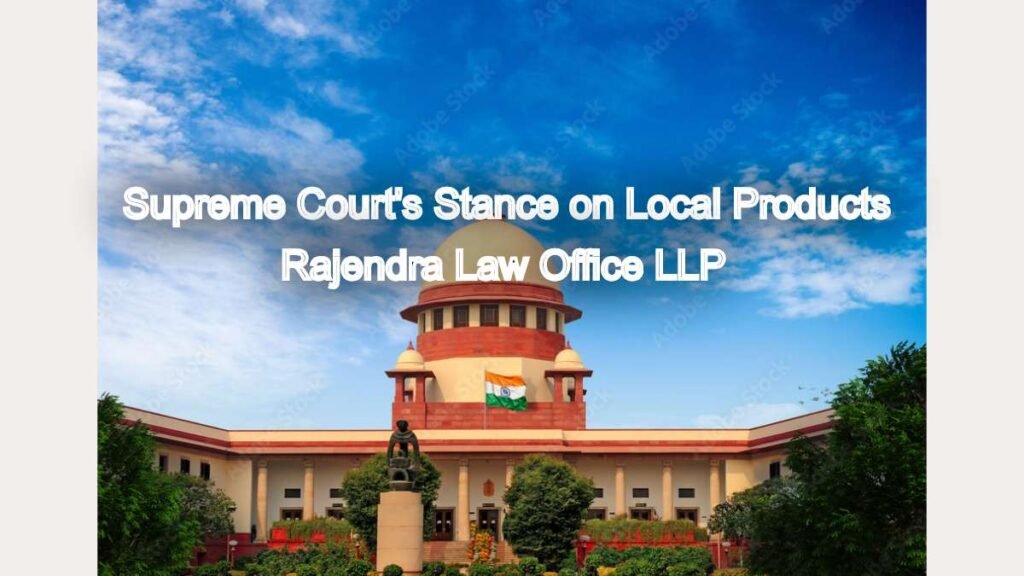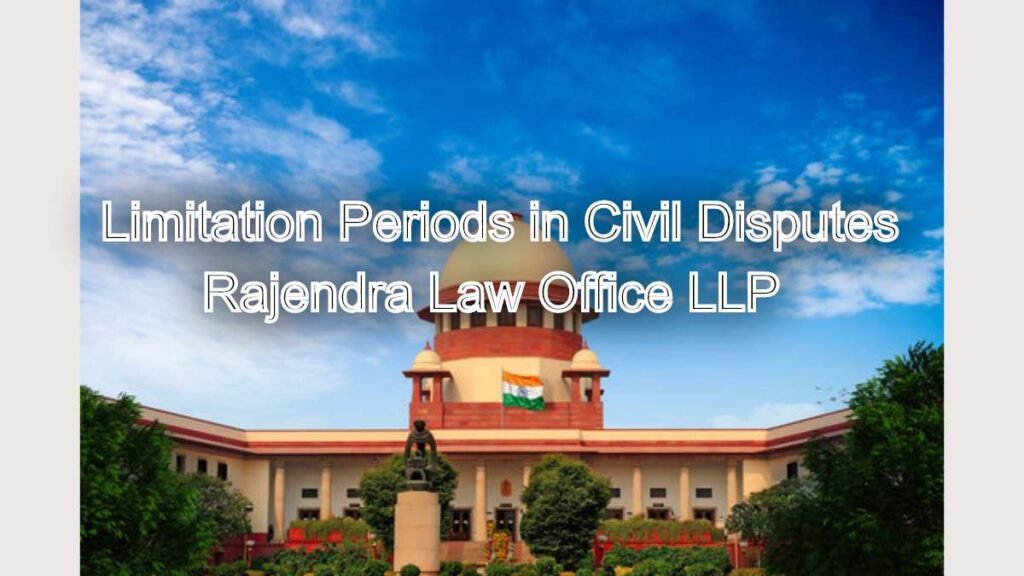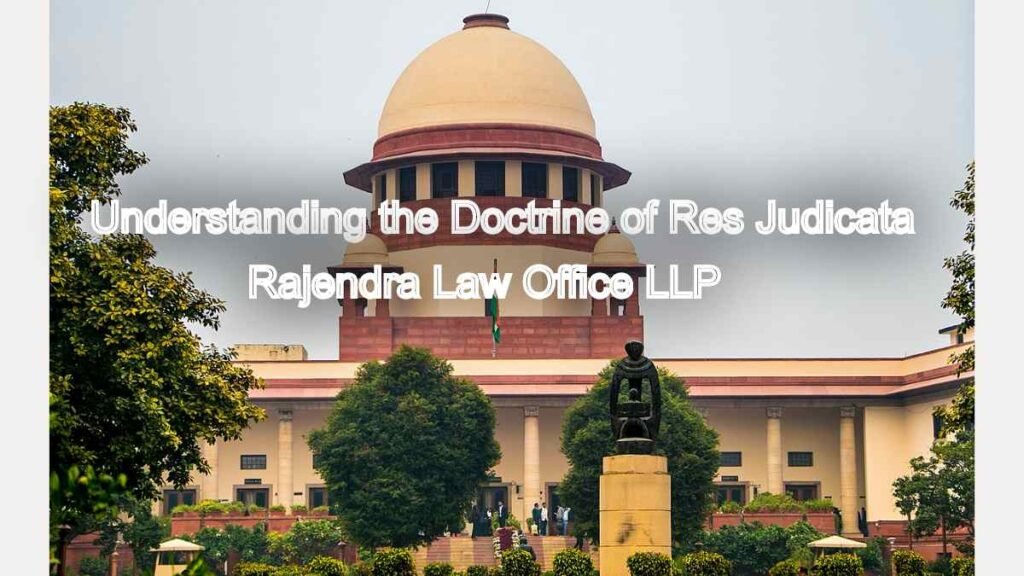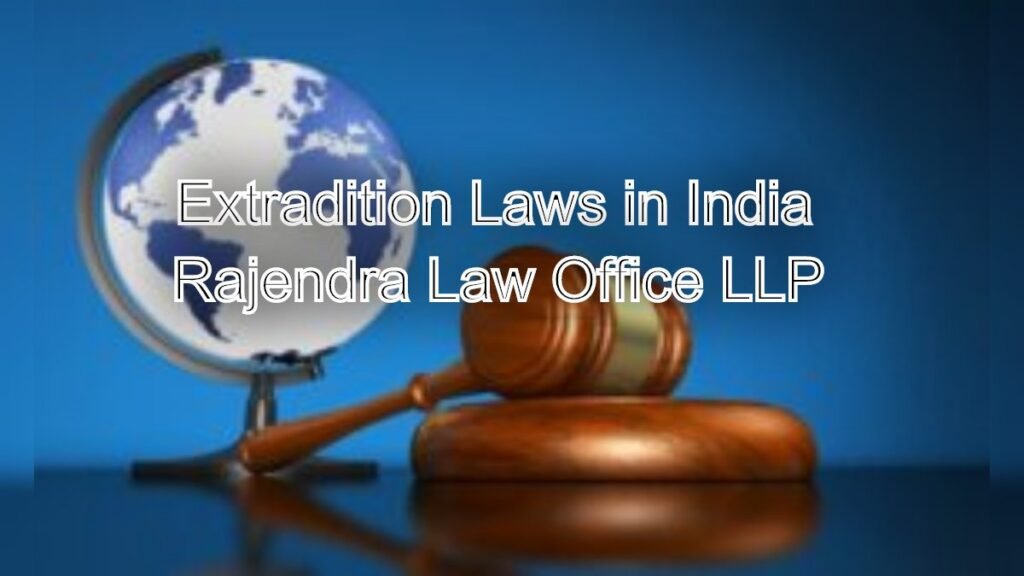Arbitration
Arbitration has become a popular alternative to traditional litigation in recent years. Firstly, It offers a faster and more cost-effective way to resolve legal disputes. Rajendra Law Office is indeed a leading provider of Alternative Dispute Resolution services. They help clients to resolve their disputes in a fair and efficient manner. It is having a team of expert arbitrators and a commitment to providing perfect legal services. The firm has earned the trust of businesses and individuals looking for arbitral services by establishing itself as a reliable partner. In this article, we’ll take a closer look at the arbitration services of the Rajendra Law Office. These include the advantages of choosing the firm for your dispute resolution needs.
Arbitration Services in Rajendra Law Office
When it comes to resolving legal disputes, arbitration has become a popular alternative to traditional litigation. Rajendra Law Office offers legal services to clients who are looking for a more efficient and cost-effective way to resolve disputes. Here’s a look at how the firm’s services work.
What is Arbitration?
Arbitration is a form of alternative dispute resolution [ADR]. Here a neutral third party is incharge to make a decision on a legal dispute. In fact, The decision of the arbitrator is binding and final. It means that you cannot go for an appeal. Of course, This ADR method is often faster and less expensive than litigation. This makes it an attractive option for many businesses and individuals.
How Does ADR Work in Rajendra Law Office?
Rajendra Law Office offers both domestic and international arbitration services. Here’s how the process works:
Step 1: Agreement to Arbitrate
Both parties must agree to resolve their dispute through arbitration. Moreover, This agreement can be made before or after the dispute arises. Once both parties agree, an arbitration clause is one of the point in their contract.
Step 2: Appointment of Arbitrator
Rajendra Law Office appoints a neutral arbitrator who has the necessary expertise and experience to make a fair and unbiased decision on the dispute.
Step 3: Pre-Hearing Conference
Before the arbitration hearing, a pre-hearing conference is held to discuss the details of the dispute and the procedures that will be followed during the hearing.
Step 4: Arbitration Hearing
The arbitration hearing is similar to a trial. Both parties present their evidence and arguments to the arbitrator, who then makes a decision based on the facts presented.
Step 5: Award
After the hearing, the arbitrator issues an award, which is a “written decision” on the dispute. The award is final and binding.
Advantages of Arbitration in Rajendra Law Office
Here are some of the advantages of choosing Rajendra Law Office for your arbitration needs:
- Cost-effective: Firstly, This ADR is often less expensive than traditional litigation.
- Faster: Secondly, The proceedings are usually faster than court trials.
- Confidentiality: Thirdly, the proceedings are private, which means the details of the dispute are not made public.
- Flexibility: Finally, Parties can choose the arbitrator, the time and location of the hearing, and the rules that they must follow during the proceedings.
Conclusion
Arbitration is an effective way to resolve legal disputes. Of course, Rajendra Law Office has the expertise and experience to provide clients with the best possible outcome. By choosing the firm’s Corporate Legal services, clients can expect a fair, unbiased, and efficient resolution to their disputes.









